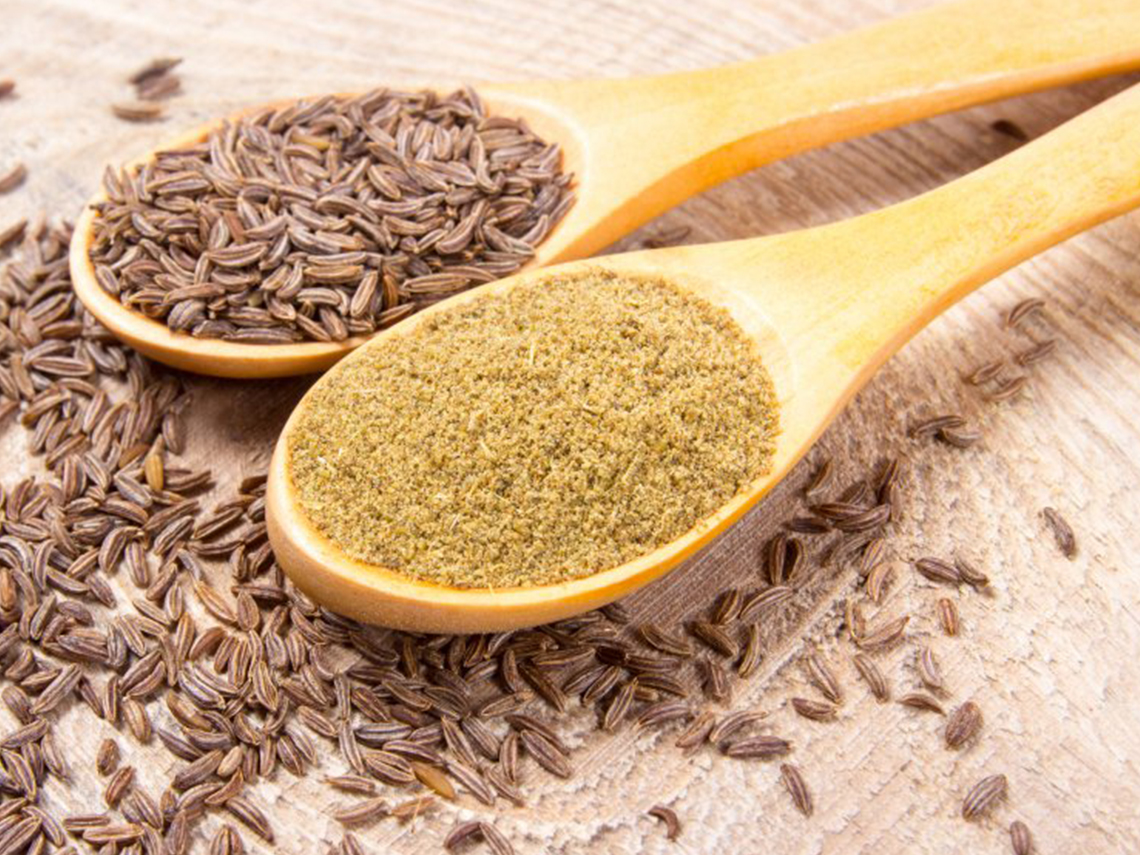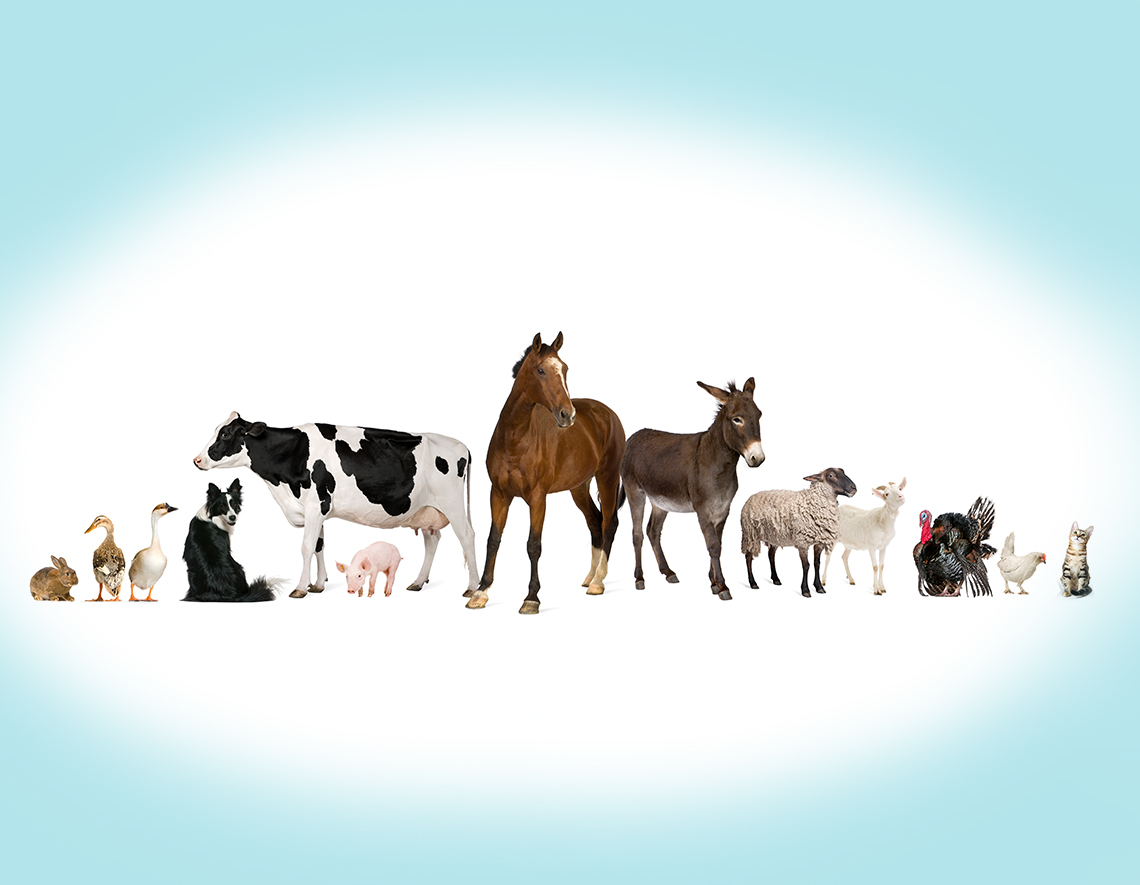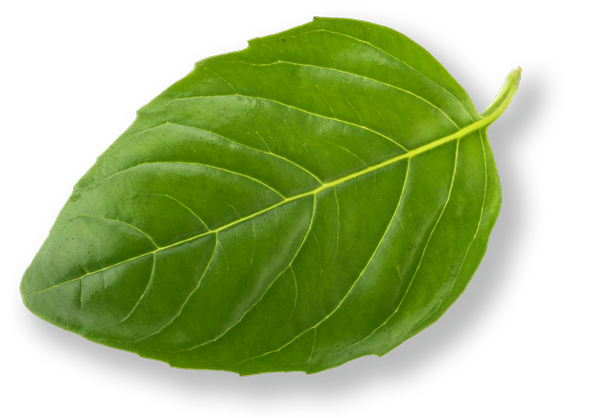
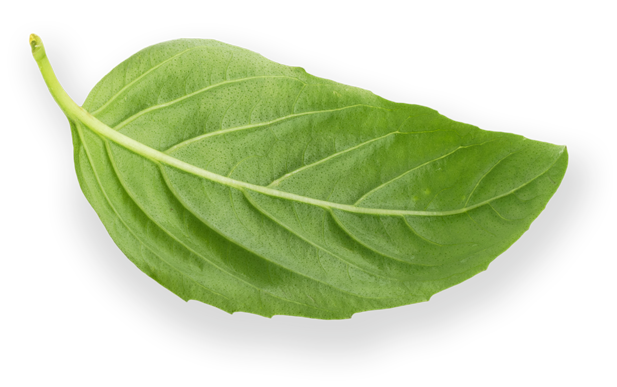
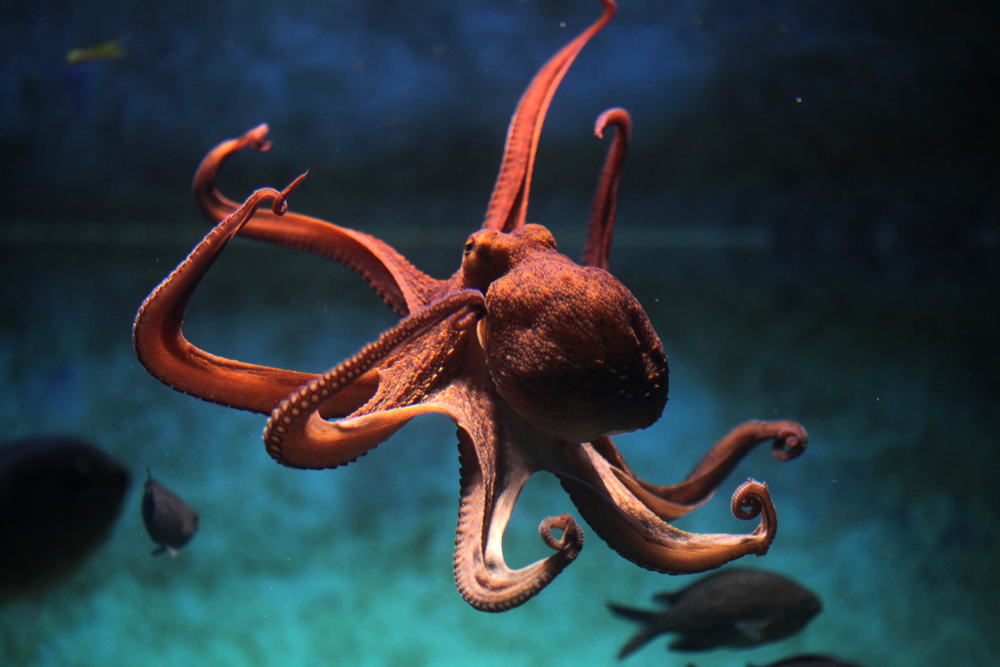
What do octopus and number 3 have in common?
October 07 2021,
Alenka Mestek
MONSTERS OF THE DEEP? Octopuses are much more than the sea animals with rounded bodies, bulging eyes and eight long arms...
Octopus (scientific name Octopod) is an order of mollusks, whose representatives live in the world's seas, especially on coral reefs. We include about 300 described species living today, which is about a third of all known mollusk species. It is characteristic of all that they have eight tentacles, from which their scientific name also derives (from the Greek ὀκτάπους (octapous), “octopus”).
These differ from cuttlefish and squid tentacles in that they have suckers along their entire length instead of just at the end. Most octopuses are completely devoid of a solid skeleton, allowing them exceptional flexibility. The hardest part of the body is the sharp “beak” in the mouth, located in the middle between the tentacles.
Octopuses are among the most intelligent invertebrates, which helps them catch prey and avoid natural enemies. They also help with the ability to squeeze through narrow passages, change color and poison. They have a short lifespan that lasts from half a year to five years in the largest species.
Did you know?
- Octopuses have a very good sense of touch and their mechanisms work by sensing everything through the mouth which they touch with tentacles.
- Octopuses exist in many different sizes. The most common octopuses measure 30 to 90 centimeters in length and weight 3 to 10 kilograms. They have already found an octopus that showed 272 kilograms on the scales and measured as much as 10 meters. The smallest species of octopus, however, measures 2.5 centimeters and weighs only 2 grams. A newborn octopus can be so small that it barely covers our finger pad.
- Octopuses are more solitary animals, but occasionally encounter other octopuses as well. Some octopuses hunt their prey at night, others only at dawn or dusk. When frightened they fire ink at their attacker. This causes him to be blinded and confused, thus gaining enough time to escape. With ink, however, they also erase all their traces of the direction of escape. Octopuses can change color and blend in with the surroundings where they are located. They can turn blue, green, gray, pink or brown.
- They are carnivorous sea animals, which means that their menu includes delicacies such as shellfish, shrimps, lobsters, fish and sometimes even a bird. Octopuses try to overcome their prey by climbing on top of it and then putting it in their mouths with tentacles.
- Octopuses are smarter than the average bear. Professor Peter Godfrey-Smith, who researches octopuses, says octopuses are "probably the closest we'll get to intelligent aliens." While Aristotle believed that octopuses are stupid creatures, researchers say that octopuses are very intelligent and emotional and that they are even capable of developing their own, unique personality. They find themselves in labyrinths, solving mental problems and memorizing solutions, and they can even play. Their brains have more brain cells than humans. Research has shown that they learn quickly and can solve problems logically. They can use different tools with tentacles.
- They have three hearts. Blood flows through one, which drives the organs, and through the other two, blood flows to the brain. When octopuses swim, the heart that makes the organs work - stops. This makes octopus very tired, so they are also more attached to crawling on the ground than swimming.
- Octopuses are the only invertebrates that have consciousness, cognitive thinking abilities, emotions, and personality.
- They have far-reaching brains. Another surprising fact - two-thirds of an octopus’s neurons are not located in its head, but in tentacles, which means that an octopus with tentacles can think and do other things, while with its head it can think something completely different. Researchers have found when an octopus loses one of its tentacles, that torn-off tentacles still floats away on its own and even grabs food and directs it to where the mouth would be if the tentacles were still attached to the body.
- They are millions of years old. The oldest known octopus fossil comes from a creature that lived 296 million years ago during the Carboniferous period and is on display at the Field Museum in Chicago. There are eight tentacles and two eyes, and probably also a place where the octopus has stored ink. Long before dinosaurs even evolved, octopuses had already formed their shape for the next hundreds of millions of years.
- Their blood is blue. Blue discoloration is caused by a lot of copper in the blood. Copper is more successful at producing oxygen in a cold, underwater environment where there is otherwise little oxygen. Their pupils are rectangular in shape.
Photo credits:
iStockphoto


